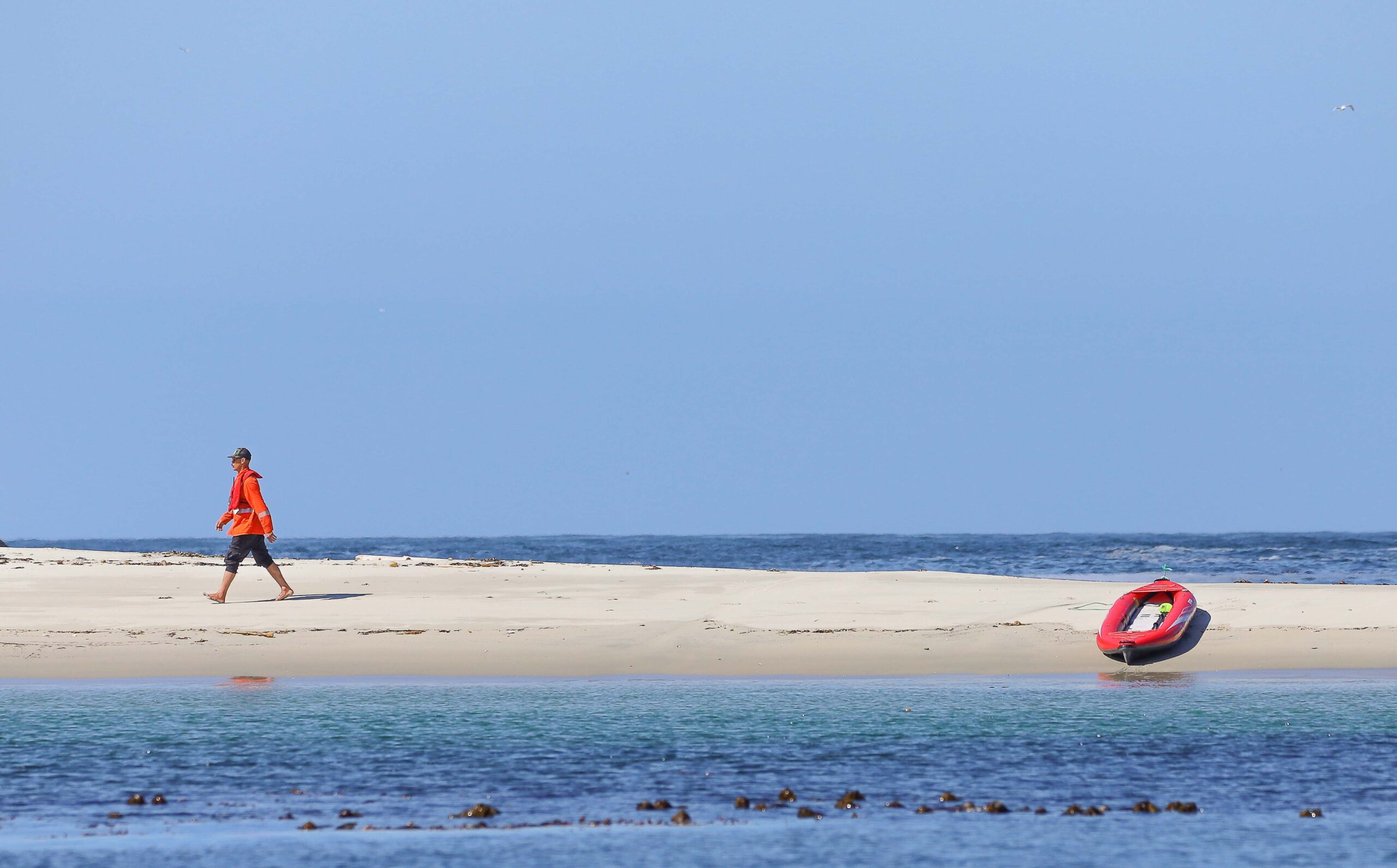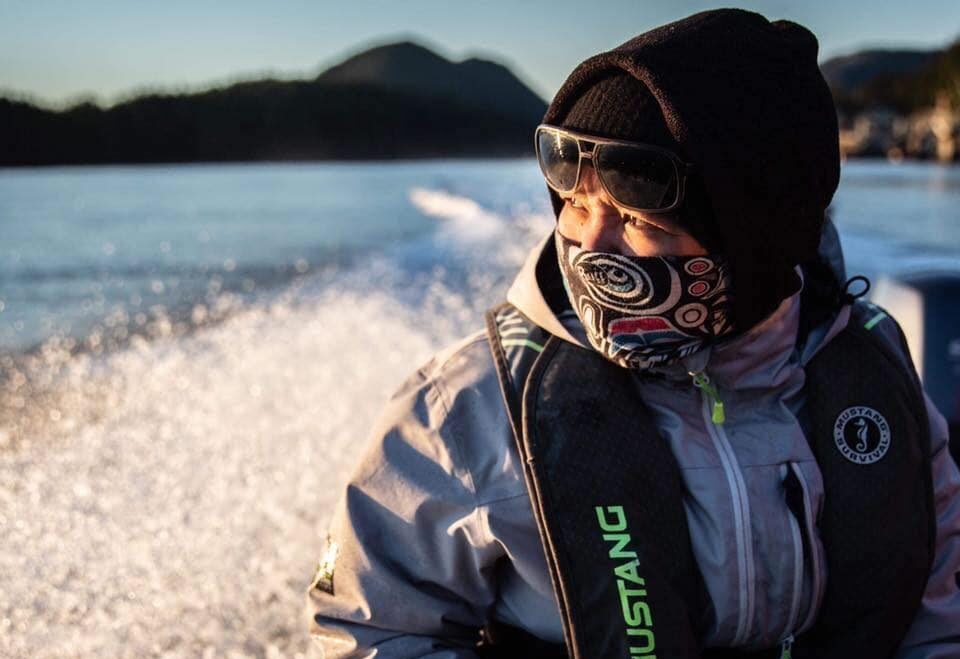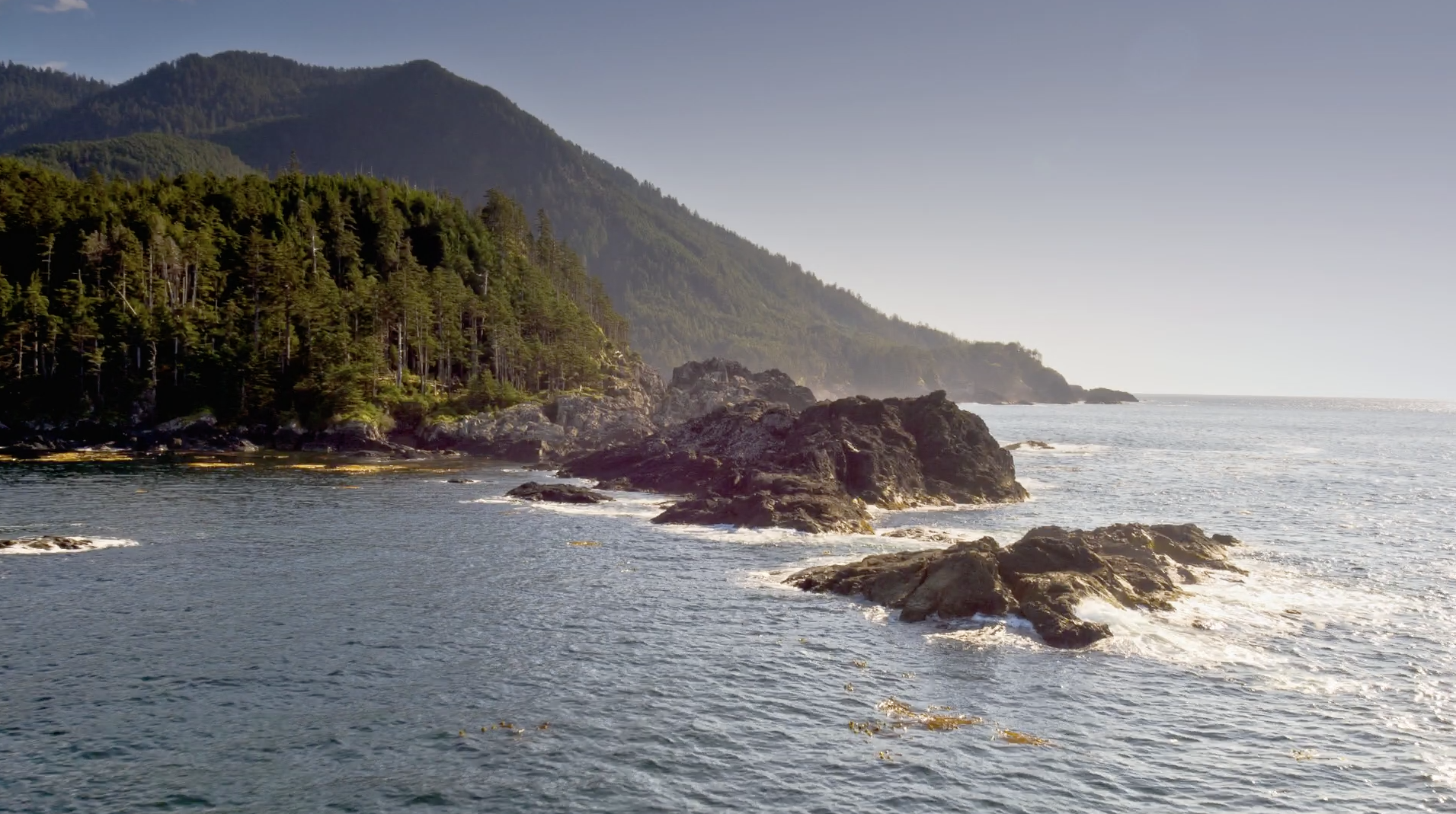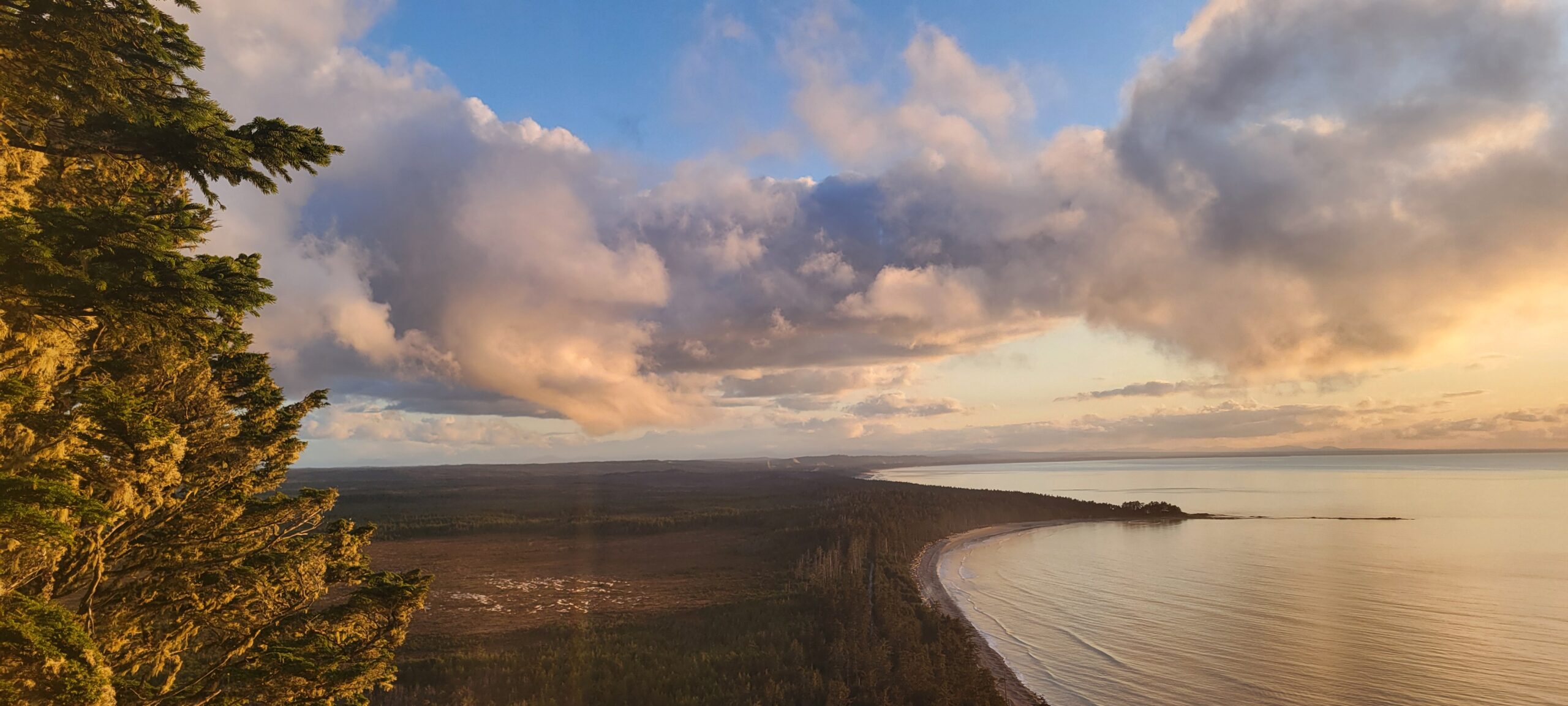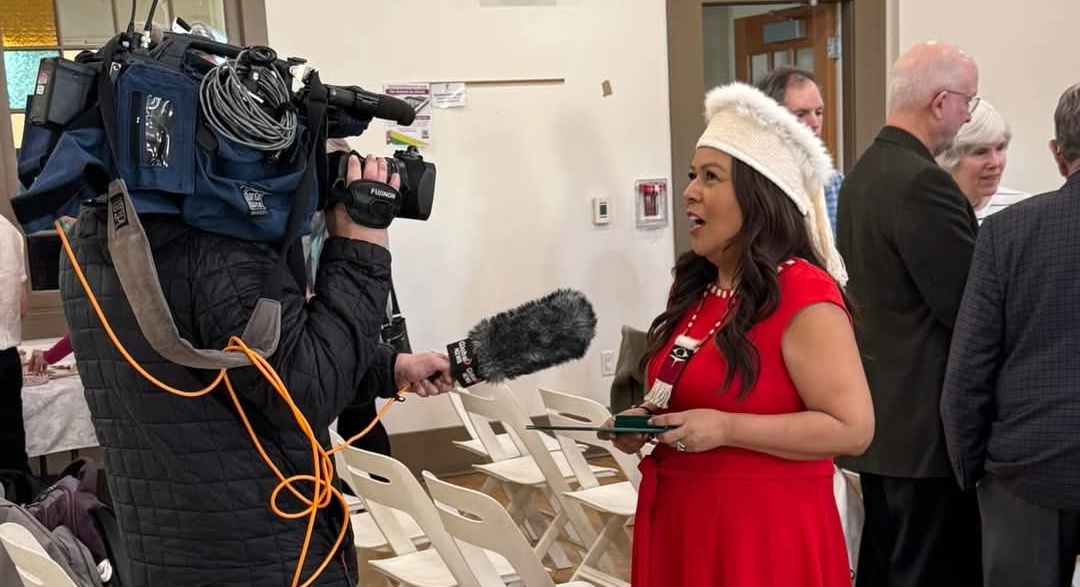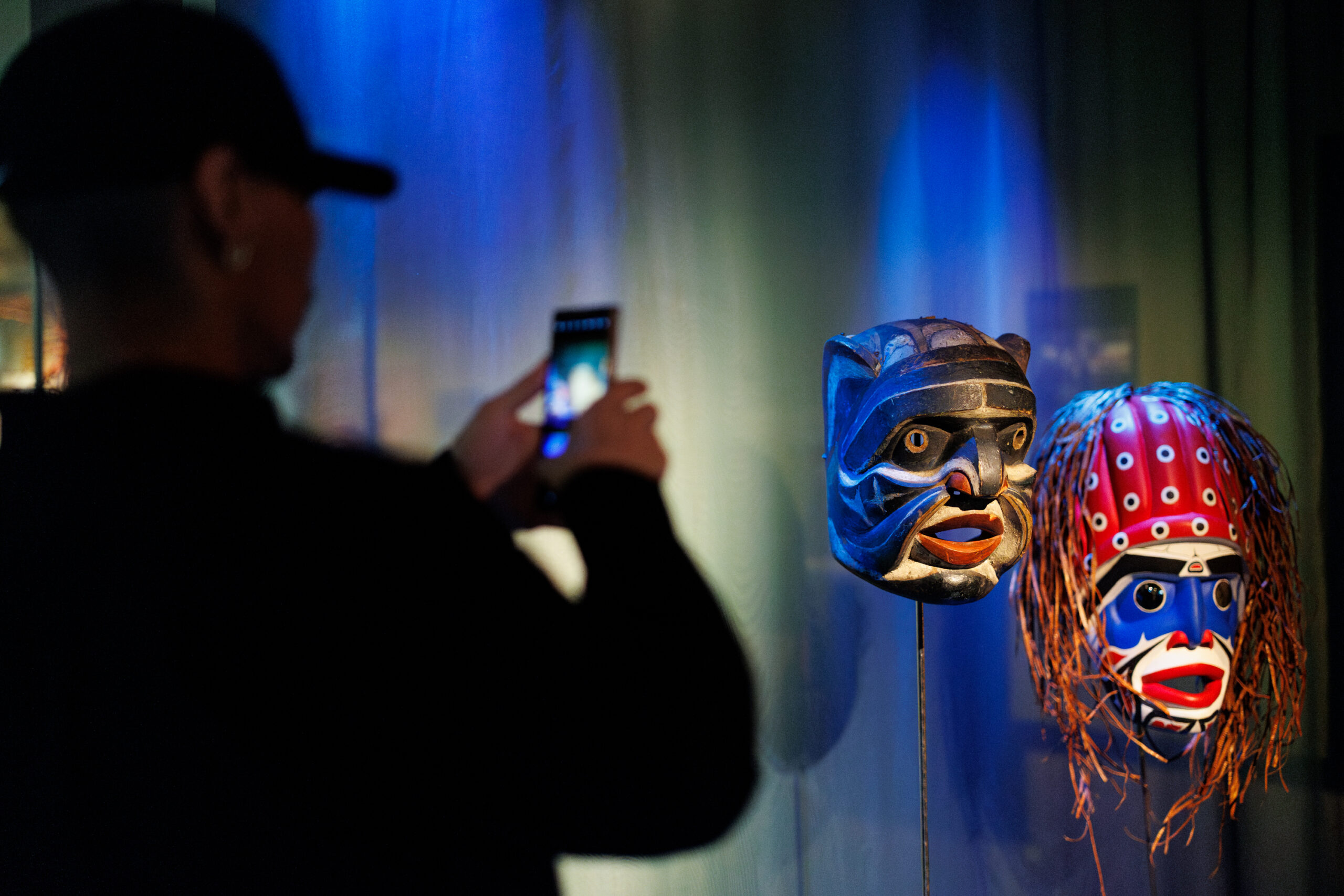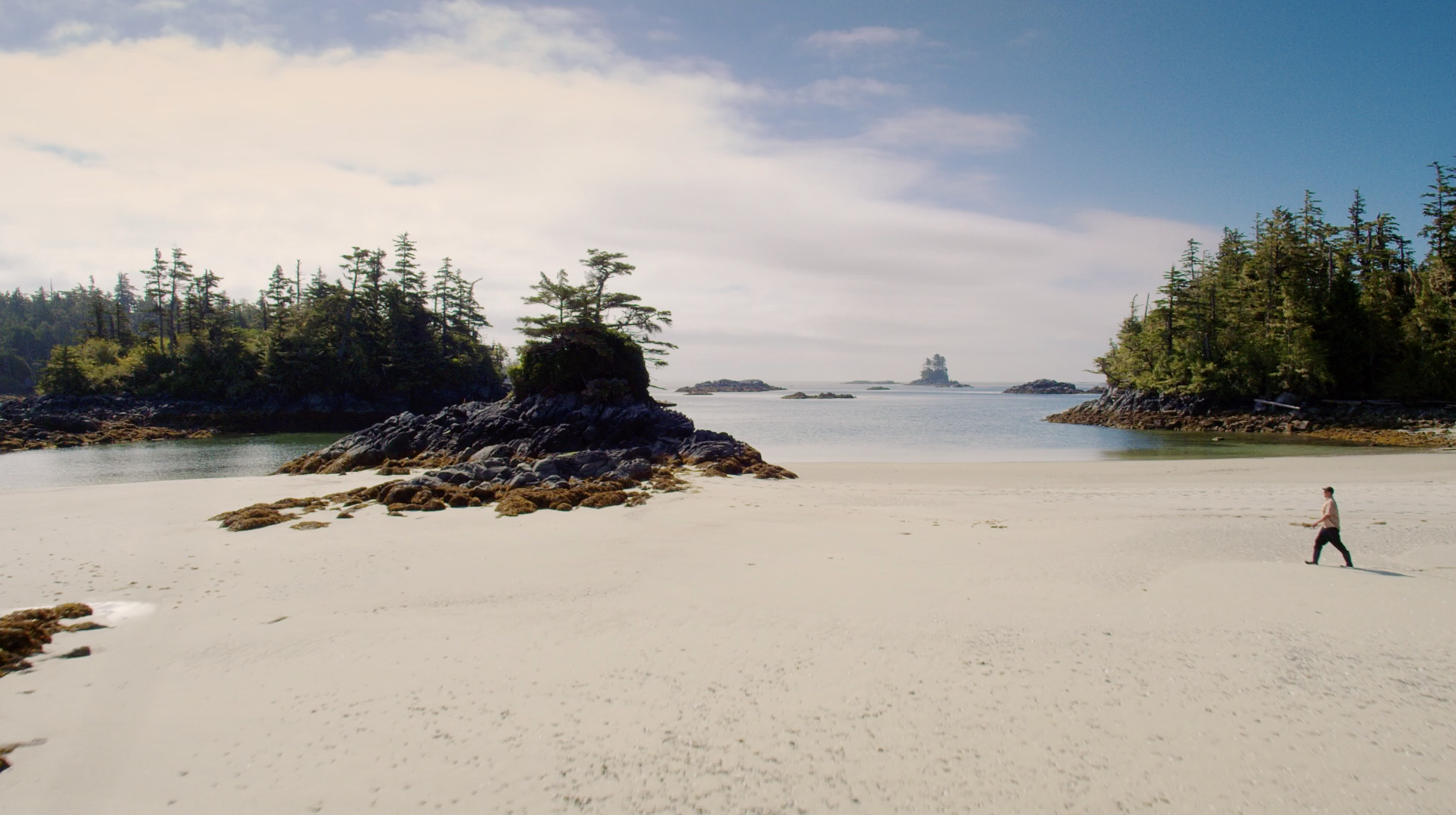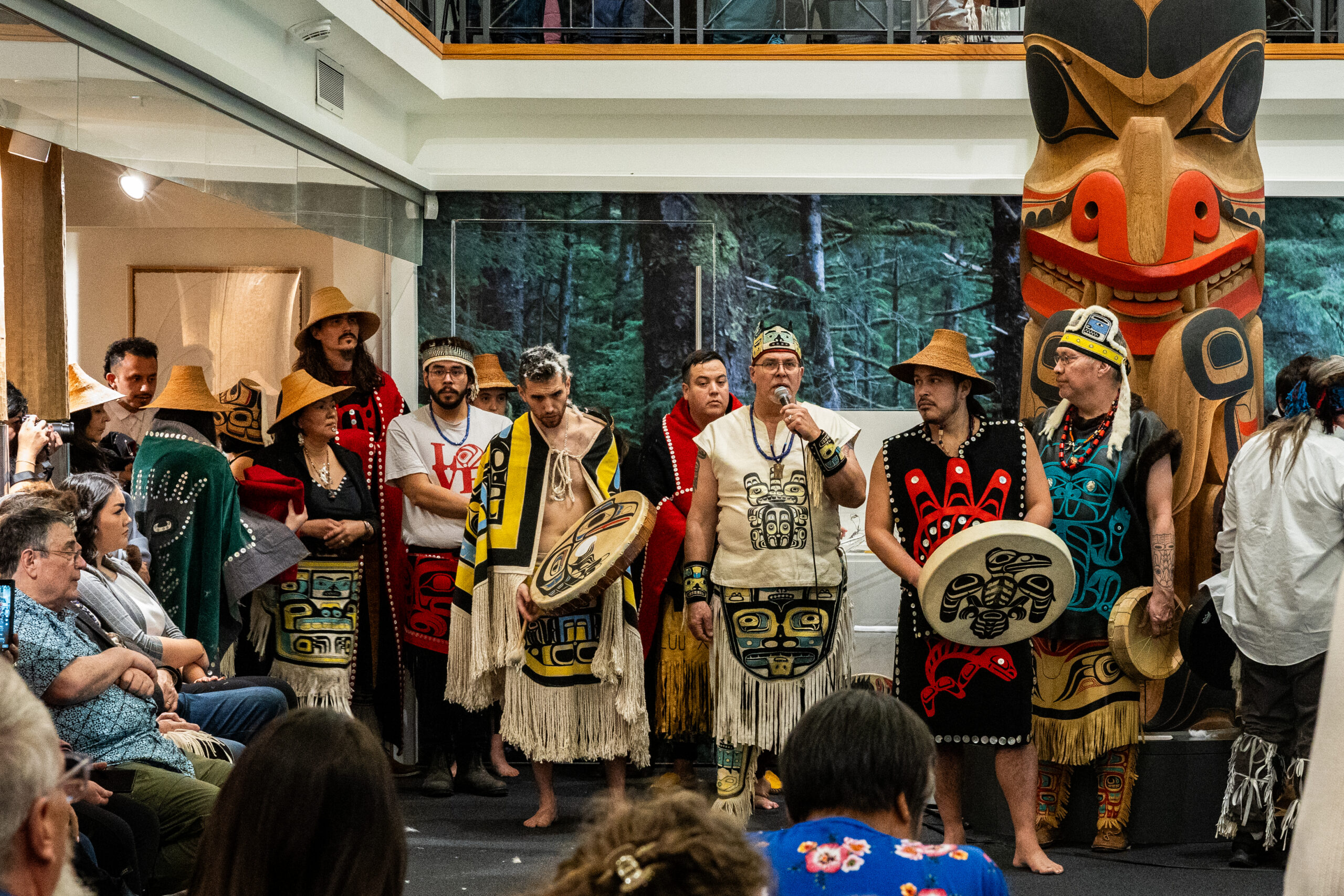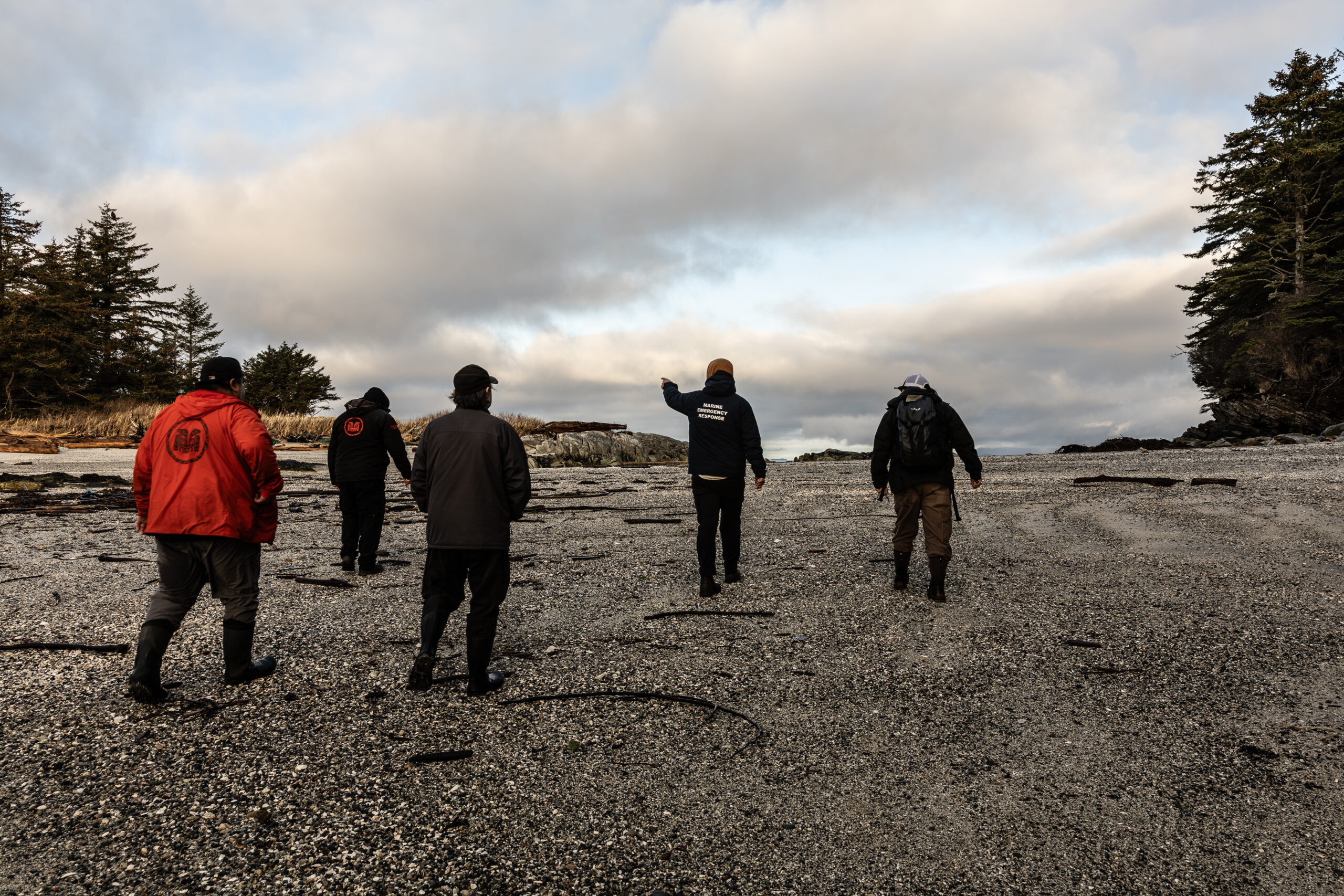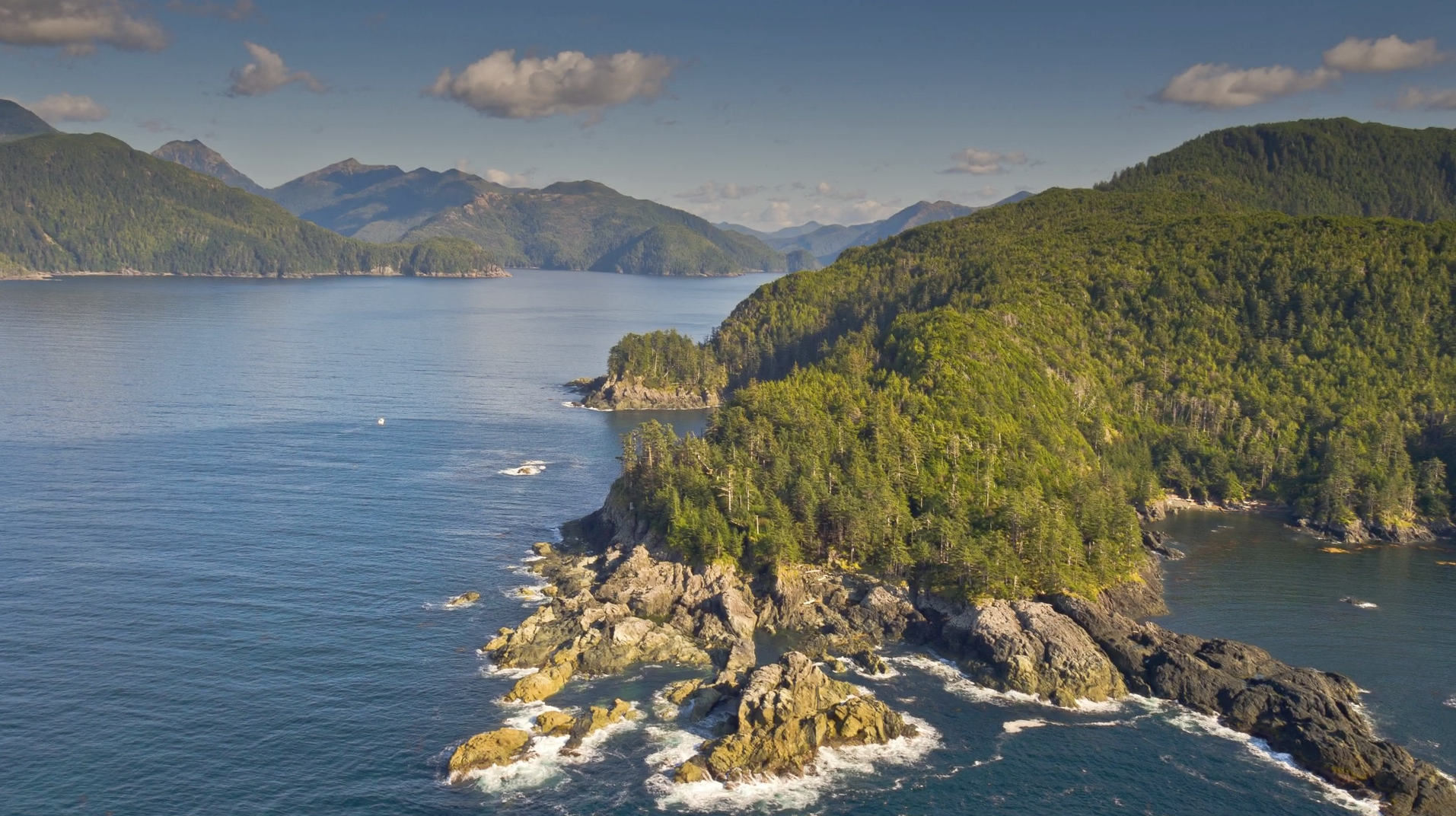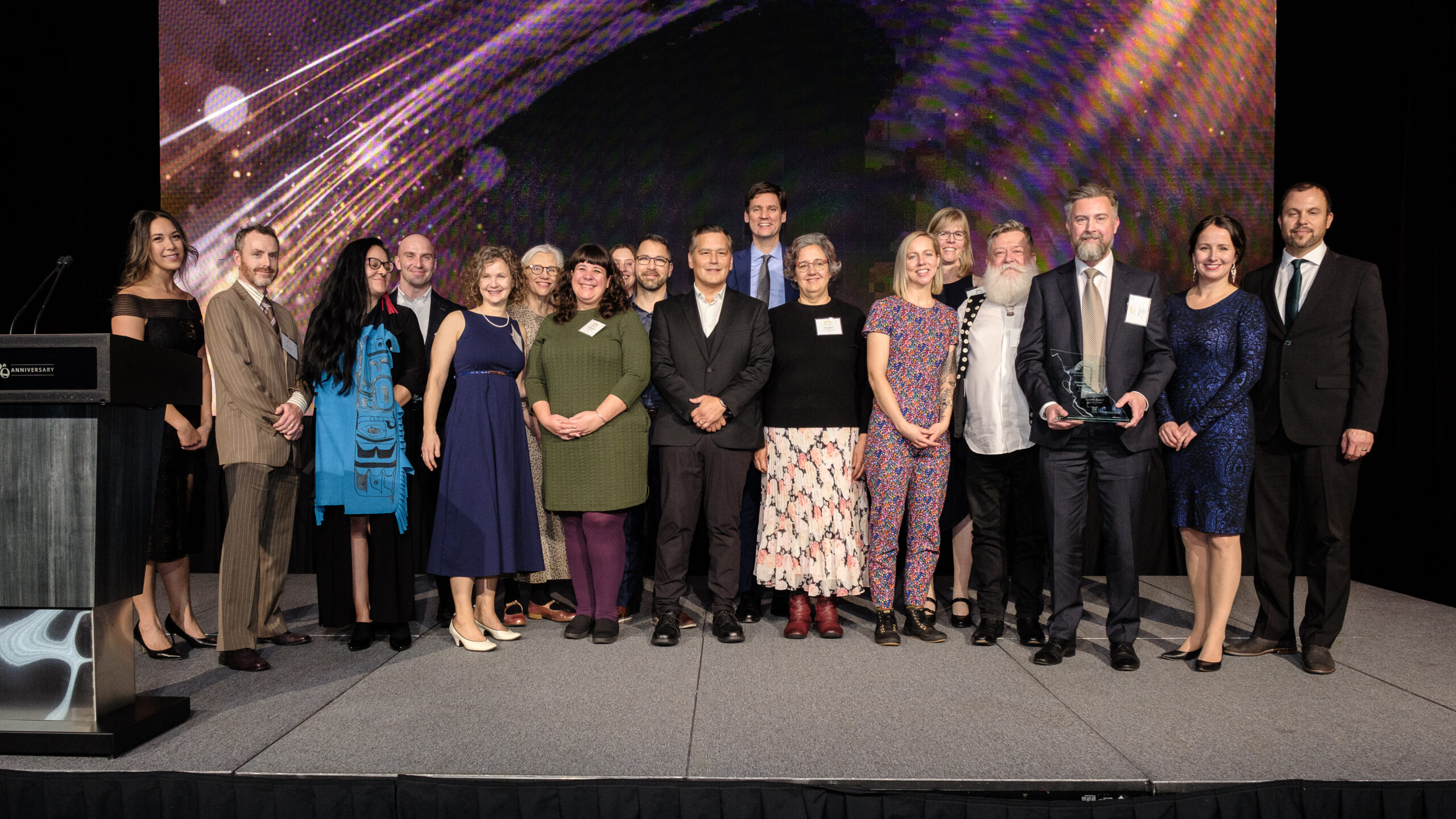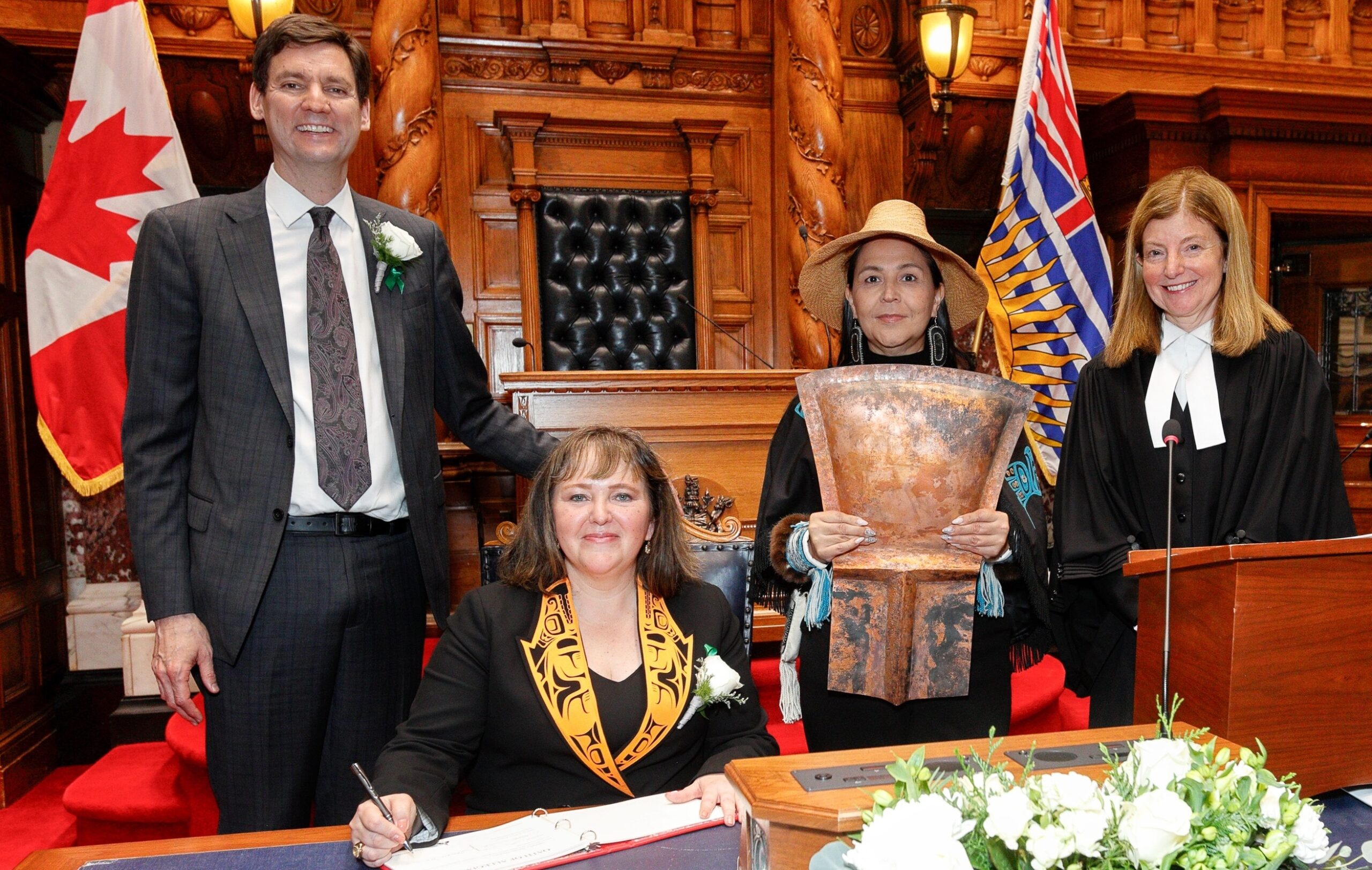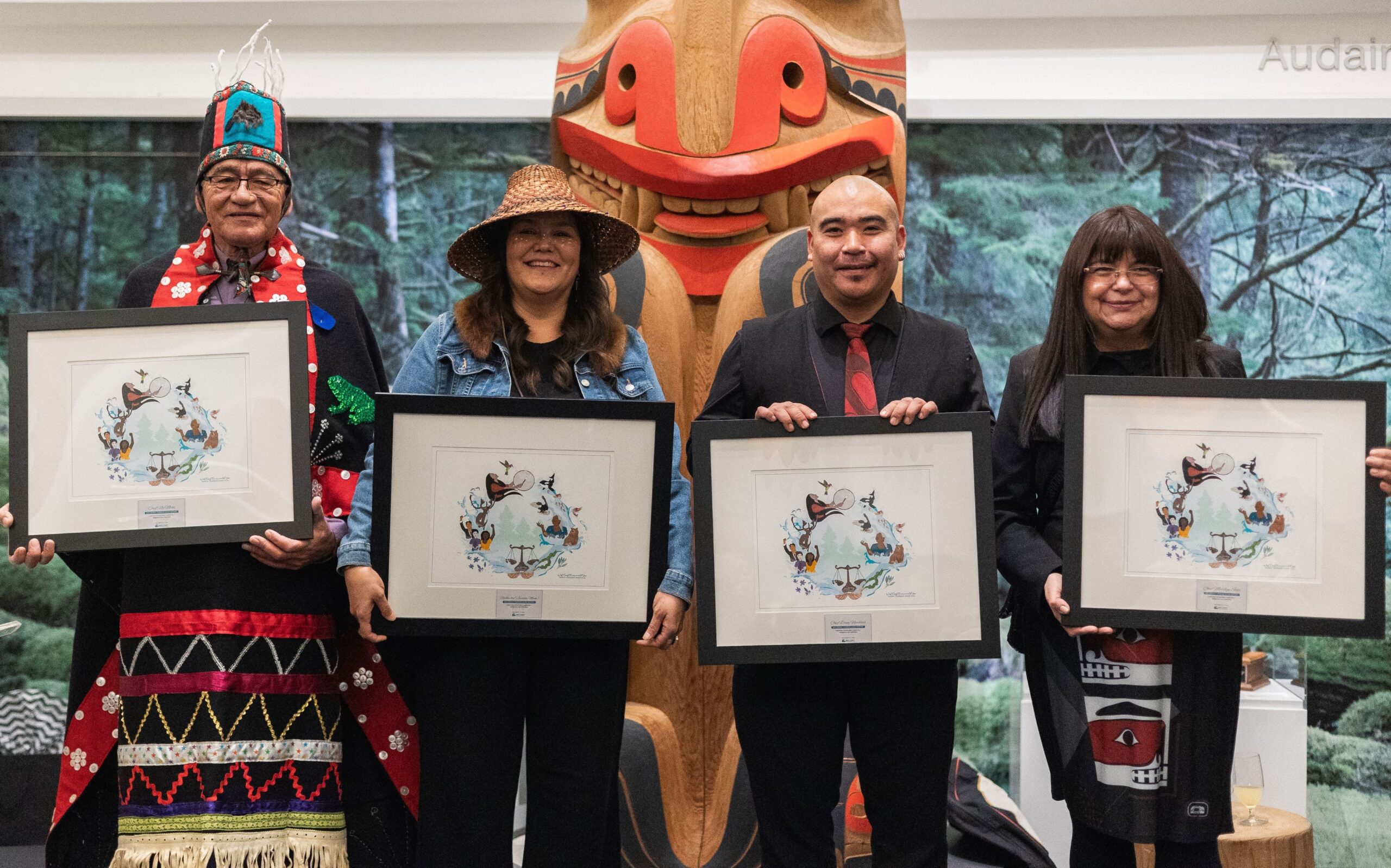Resources
-
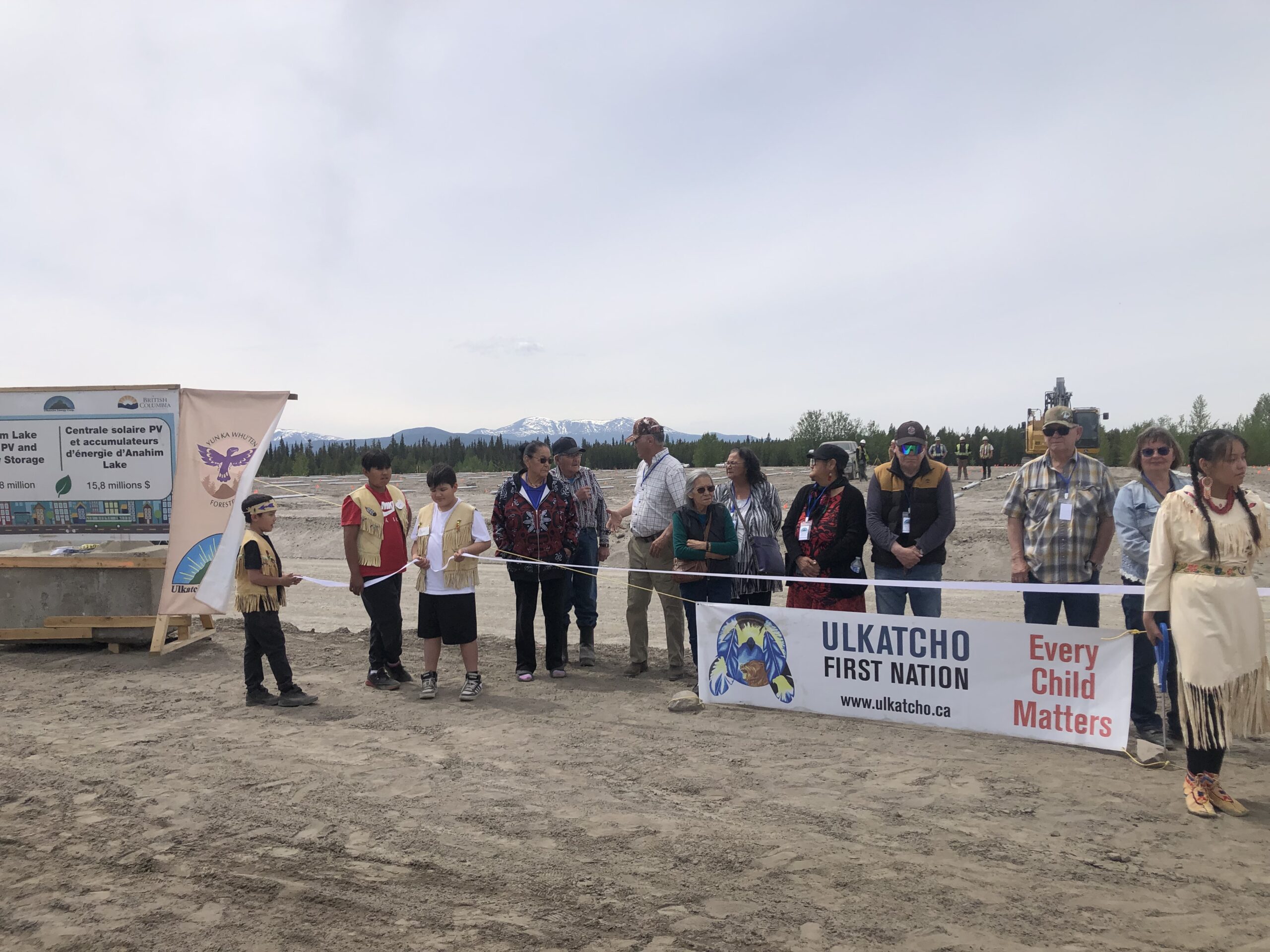 ArticleEventsNewsStory
ArticleEventsNewsStoryUlkatcho First Nation Breaks Ground on Massive Solar Project
Read StoryOn June 11, the Ulkatcho First Nation held a traditional groundbreaking ceremony to launch the largest off-grid solar power project in the country.
-
NewsStoryVideo
CFN-GBI Chief Executive Officer Christine Smith-Martin receives Coronation Medal
Read StoryCFN-GBI Chief Executive Officer Christine Smith-Martin awarded the King Charles III Coronation Medal for her outstanding service to community and country.
-
PublicationsStory
Environmental Laws: A Field Guide for BC’s North and Central Coast and Haida Gwaii
Read StoryCSN and the UVic Environmental Law Centre release a new user-friendly Field Guide for use by Coastal Guardians.
-
NewsPublicationsStory
2023-24 Annual Report: Sustainable Future on the North Pacific Coast
Read StoryOur 2023-24 Annual Report highlights the many achievements our leadership, staff and partners have achieved over the past year!
